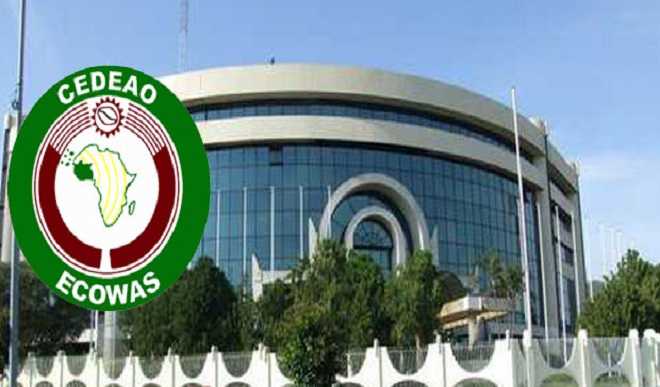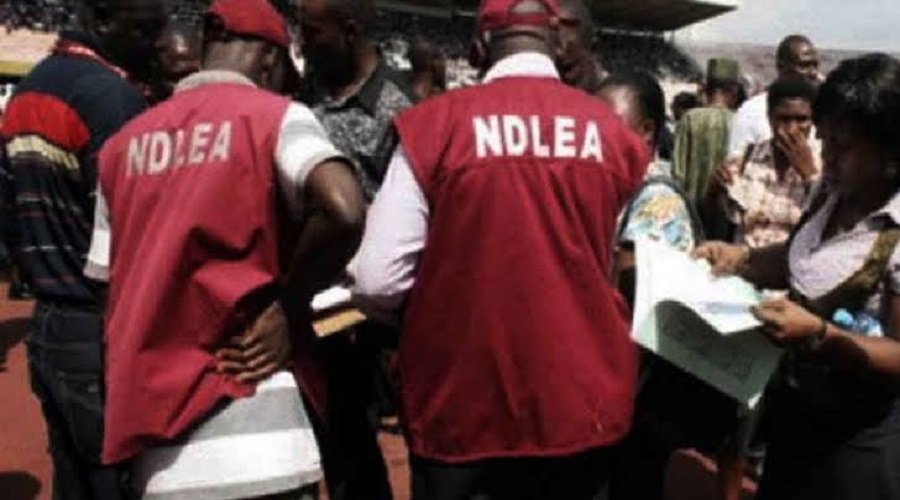
In fulfillment of its promise on January 24, 2019 ahead of Nigeria’s general elections, the U.S. Government has imposed visa restrictions on “individuals responsible for undermining the Nigerian democratic process”.
Spokesperson of the U.S. Department of State, Ms Morgan Ortagus, announced on Tuesday that the the action applied to those, especially politicians that are responsible for election-related violence.
He did not named the affected persons but Ortagus said the persons “operated with impunity at the expense of the Nigerian people and undermined democratic principles and human rights”.
No fewer than 113 persons died in violence related to the last general elections in the country, especially in Rivers, Bayelsa, Delta, and Benue states.
The governments of US and UK had in January warned that they would consider sanctions against anti-democratic forces, including organisers of election-related violence.
“To that end, the Secretary of State is imposing visa restrictions on Nigerians believed to be responsible for, or complicit in, undermining democracy in Nigeria.
“These individuals have operated with impunity at the expense of the Nigerian people and undermined democratic principles and human rights,” she said.
The spokesperson emphasised that the restrictions targeted at specific individuals and not directed at the Nigerian people or the newly-elected government.
She explained that the decision reflected the Department’s commitment to working with the Nigerian government in its anti-corruption crusade and efforts to strengthen democracy, accountability and respect for human rights.
“The United States is a steadfast supporter of Nigerian democracy.
“We commend all those Nigerians who participated peacefully in the February and March 2019 elections and have worked to strengthen Nigerian democratic institutions and processes.
“As Nigeria marks the 20th anniversary of a return to democratic rule this year, we remain committed to working together to continue to advance democracy and respect for human rights and achieve greater peace and prosperity for both our nations.
“We condemn those whose acts of violence, intimidation, or corruption harmed Nigerians or undermined the democratic process,” the spokesperson added.
In the earlier warning in January, both the United States of America and the United Kingdom threatened to punish anyone found guilty of either instigating violence or plotting to rig the elections.
In separate statements the Embassy of the United States and the British High Commission in Abuja, the countries pledged their commitment to ensuring free and fair elections in the country.
They said the 2019 elections “is important not only for Nigeria, but for the African continent”.
The warnings came on the heels of agitation among politicians who expressed doubt on the readiness and capability to conduct free and fair election.
“The United States government does not support any specific candidate or party in Nigeria’s upcoming elections. The United States supports the Nigerian democratic process itself. We support a genuinely free, fair, transparent, and peaceful electoral process.
“We, and other democratic nations, will be paying close attention to actions of individuals who interfere in the democratic process or instigate violence against the civilian population before, during, or after the elections.
We will not hesitate to consider consequences – including visa restrictions – for those found to be responsible for election-related violence or undermining the democratic process. Under U.S. immigration law, certain violations may also lead to restrictions on family members,” the US warned in January in prelude to the elections conducted in February and March 2019.
The United Kingdom on its part promised continued support for Nigeria’s Independent National Electoral Commission (INEC) to ensure it the conduct of credible and peaceful elections.
The UK has yet to announce its sanctions against those found wanting during the presidential, National Assembly, and state elections conducted in Nigeria in February and March.













